Best movies like Das Rheingold
A unique, carefully handpicked, selection of the best movies like Das Rheingold Starring James Morris, Siegfried Jerusalem, Ekkehard Wlaschiha, Christa Ludwig, and more. If you liked Das Rheingold then you may also like: Valhalla Rising, Overture to The Merry Wives of Windsor, Carmen Jones, Carnegie Hall, The Pirates of Penzance and many more popular movies featured on this list. You can further filter the list even more or get a random selection from the list of similar movies, to make your selection even easier.
From the gorgeous scene deep in the river Rhine that opens the opera, up to the magic Rainbow Bridge that appears at the end, leading to a glistening Valhalla, Otto Schenk’s production captures the scenic world of Wagner’s Ring as brilliantly as James Levine and the Met orchestra capture the musical world. The cast is incomporable: an astounding James Morris as the young god Wotan, the great Christa Ludwig as his wife Fricka, incandescent Siegfried Jerusalem as Loge, the wily god of fire, and Ekkehard Wlaschiha as a complex Alberich.
You may filter the list of movies on this page for a more refined, personalized selection of movies.
Still not sure what to watch click the recommend buttun below to get a movie recommendation selected from all the movies on this list
Overture to The Merry Wives of Windsor
Overture to The Merry Wives of Windsor [also known as The Merry Wives of Windsor Overture] is a 1953 American short musical film produced by Johnny Green. The film consists of the MGM Symphony Orchestra playing the Overture to Otto Nicolai's opera The Merry Wives of Windsor, also conducted by Johnny Green. It won an Oscar in 1954 for Best Short Subject, One-Reel.
Carmen Jones
The tale of the cigarette-maker Carmen and the Spanish cavalry soldier Don Jose is translated into a modern-day story of a parachute factory worker and a stalwart GI named Joe who is about to go to flying school. Conflict arises when a prize-ring champ captures the heart of Carmen after she has seduced Joe and caused him to go AWOL.
Carnegie Hall
A young Irishwoman comes to the United States to live and work with her mother as a cleaning lady at Carnegie Hall. She becomes attached to the place as the people she meets there gradually shape her life. The film also includes a variety of performances from some of the foremost musical artists of the times: conductors Bruno Walter & Leopold Stokowski, solists Arthur Rubinstein & Jascha Haifetz, singers Lily Pons & Jan Peerce and bandleader Vaughn Monroe among many others.
The Pirates of Penzance
In spite of being apprenticed to a Pirate King as a child, Frederic has led a very sheltered life. So when he arrives in Cornwall with his boisterous shipmates, there are a few surprises in store for him!
Porgy and Bess
Set in the early 1900s in the fictional Catfish Row section of Charleston, South Carolina, which serves as home to a black fishing community, the story focuses on the titular characters, crippled beggar Porgy, who travels about in a goat-drawn cart, and the drug-addicted Bess, who lives with stevedore Crown, the local bully.
Taking Sides
One of the most spectacular and renowned conductors of the 1930s, Wilhelm Furtwangler's reputation rivaled that of Toscanini's. After the war, he was investigated as part of the Allies' de-Nazification programme. In the bombed-out Berlin of the immediate post-war period, the Allies slowly bring law and order to bear on an occupied Germany. An American major is given the Furtwangler file, and is told to find everything he can and to prosecute the man ruthlessly. Tough and hard-nosed, Major Steve Arnold sets out to investigate a world of which he knows nothing.
G.I. Blues
Stationed in West Germany, soldier Tulsa McLean hopes to open up a nightclub when he gets out of the army. Tulsa may lack the capital for such a venture, but a chance to raise the cash comes his way through a friendly wager. Local dancer Lili (Juliet Prowse) is a notorious ice queen, and Tulsa bets everything he has that a friend of his can earn her affections. But, when that friend is dispatched to Alaska, it's up to Tulsa to melt Lili's heart.
Lisztomania
Roger Daltrey of The Who stars as 19th century genius pianist Franz Liszt in this brash, loud and free-wheeling rock 'n' roll fantasia centered around an imagined rivalry between Liszt and composer Richard Wagner-- painted here as a vampiric harbinger of doom and destruction.
Magic Fire
Director William Dieterle's 1956 film biography of classical composer Richard Wagner stars Carlos Thompson, Yvonne De Carlo, Rita Gam, Alan Badel and Valentina Cortese.
The Angel Levine
Morris Mishkin is a elderly religious Jew in New York. His wife Fanny is very ill. He's a tailor, but he can't work because his back has given out. He doesn't even have enough money for Fanny's medicine. Finally, a black fellow appears from nowhere in the Mishkin kitchen. He says he's an angel from God, sent to help Mishkin. The black angel is even Jewish, named Alex Levine? But will Morris believe in the angel? And can the angel perform the miracle that he promises?
The Tales of Hoffmann
A young poet named Hoffman broods over his failed romances. First, his affair with the beautiful Olympia is shattered when he realizes that she is really a mechanical woman designed by a scientist. Next, he believes that a striking prostitute loves him, only to find out she was hired to fake her affections by the dastardly Dapertutto. Lastly, a magic spell claims the life of his final lover.
Tonight We Sing
Tonight We Sing is a 1953 musical biopic film, directed by Mitchell Leisen, based on the life and career of the celebrated impresario Sol Hurok. It stars David Wayne and Ezio Pinza.
Chasing Rainbows
The road-show troupe of a top Broadway show go cross-country while taking the audience along on the on-stage scenes as well as what happens and is happening back stage of the production. The spectacular dancing ensembles and colorful costumes and pulchritude on-stage offers a contrasting background to the drabness of the backstage, where joy, sorrow, tragedies, deception, and romance are intertwined.
The Boy Who Loved Trolls
Paul feels life should be an adventure, and sets out on one to prove that Trolls really exist.
The Charmkins
The Charmkins is a television film based on an early 1980s toyline by Hasbro, which was broadcast on October 25, 1983.
Un Ballo in Maschera
Verdi's opera performed by the Metropolitan Opera Orchestra and Chorus, conducted by James Levine.
Peter and the Wolf
Sergei Prokofiev's symphonic masterpiece, first performed in Russia in 1936, has been lauded not only for the spectacular musical score, but also for the story itself--of a young boy who outwits a wily wolf. George Daugherty brings this timeless tale to modern audiences by seamlessly weaving live-action with animation and music by the RCA Symphony Orchestra. The story opens as a grandfather (Lloyd Bridges) hosts his daughter (Kirstie Alley) and grandson (Ross Malinger from Sleepless in Seattle) during a visit to his country cottage. After lunch, the trio settles in as grandfather recounts "The Story" of Peter's adventures with a bird, cat, and dizzy duck on the outskirts "of a very dark forest." The film morphs into a clever cartoon designed by the legendary Chuck Jones (of Wile E. Coyote fame). The "story within a story" leaps to life while the accompanying musical instruments also emerge as playful personalities.
The Metropolitan Opera: The Magic Flute
Mozart’s allegorical fairy tale has charmed audiences and inspired artists, for more than 200 years. A few weeks before this telecast, the Met unveiled a new production of the opera featuring the colorful designs of acclaimed artist David Hockney. His bold colors and vivid images enchanted audiences and seemed to inspire the striking cast, led by James Levine’s affectionate conducting. Francisco Araiza is the young prince Tamino, who finds himself in a strange land, forced to undergo mysterious tests so he can rescue, then marry, the woman he loves, Pamina, played by Kathleen Battle. Kurt Moll is the compassionate Sarastro and Luciana Serra is the Queen of the Night.
The Magic Show
The Magic Show is a one-act musical with music and lyrics by Stephen Schwartz and a book by Bob Randall. It starred magician Doug Henning. Produced by Edgar Lansbury, it opened on May 28, 1974 at the Cort Theatre in Manhattan, and ran for 1,920 performances, closing on December 31, 1978. Henning was nominated for the Tony Award for Best Featured Actor in a Musical and director Grover Dale was nominated for the Tony Award for Best Direction of a Musical. In 2001, a filmed performance staged especially for the cameras in 1980, directed by Norman Campbell at the Queen Elizabeth Theatre in Toronto, was issued on DVD by Image Entertainment. This production, originally intended for cinema release, differed notably from the original Broadway production, with several of the most memorable songs, such as "West End Avenue" and "Solid Silver Platform Shoes", removed. Doug Henning reprised his original starring role, while Didi Conn co-starred as Cal.
Mozart: Le Nozze di Figaro
David McVicar's spellbinding production of LE NOZZE DI FIGARO is set in 1830s post-revolution France, where the inexorable unravelling of an old order has produced acute feelings of loss. In the relationship between Finley's suave, dashingly self-absorbed Count and Röschmann's passionately dignified Countess, which lies at the tragic heart of the opera, the sexy ease between a feisty Figaro (Erwin Schrott) and a sassy Susanna (Miah Persson) is starkly absent, the tenacious spark between Marcellina (Graciela Araya) and Bartolo (Jonathan Veira) suggesting what might be rekindled. The production is superbly complemented by the beauty of Paule Constable's lighting and Tanya McCallin's evocative sets. Antonio Pappano conducts (and accompanies the recitatives) with invigorating wit and emotional depth.
Little Drummer Boy: Essay on Mahler by Leonard Bernstein
This television essay from 1985 was written by Leonard Bernstein to commemorate the 125th anniversary of Gustav Mahler's birth. Recorded in Israel, Vienna and later in London, it is punctuated by biographical interludes and illustrated by musical examples drawn from the cycle of Mahler's works recorded by Bernstein. Bernstein talks, plays and conducts various orchestras (Israel Philharmonic Orchestra, London Philharmonic Orchestra, Wiener Philharmoniker) and soloists (Janet Baker, Christa Ludwig, Edith Mathis, Lucia Popp, Walton Groenroos) in performances spanning 17 years. Leonard Bernstein also examines the roots of Gustav Mahler's inspiration. The programme also features music from the nine symphonies, 'The Song of the Earth' and the 'Wunderhorn Cycle'.
Les Misérables - 25th Anniversary in Concert
This concert, recorded to celebrate the 25th anniversary of the landmark musical Les Miserables, gathers the casts of the show's 2010 original production at the Queen's Theatre, the 1985 original production by the London company, and the 2010 production at the Barbican together for one performance. Together with talents like Michael Ball, Hadley Fraser, and John Owen-Jones, the performers present the play's musical numbers in a semi-theatrical style, fully costumed and with all the emotion of the musical's heyday.
1984
Inspired by one of the twentieth century's greatest novels, composer Lorin Maazel evokes Orwell's totalitarian nightmare, where "Big Brother" is always watching, and those guilty of "thoughtcrime" are condemned to face their worst fears in the infamous "Room 101". Filmed during world premiere performances of Robert Lepage's spectacular and psychologically gripping Royal Opera production and conducted by the composer, an international cast brings George Orwell's dark vision to shattering operatic life.
The Magic Flute
The Queen of the Night enlists a handsome prince named Tamino to rescue her beautiful kidnapped daughter, Princess Pamina. Aided by the lovelorn bird hunter Papageno and a magical flute that holds the power to change the hearts of men, young Tamino embarks on a quest for true love, leading to the evil Sarastro's temple where Pamina is held captive. The internationally renowned Mozart interpreter Sir Colin Davis conducts the chorus and orchestra of the Royal Opera House and a glittering cast in David McVicar's 2003 production of the opera Mozart wrote in the final year of his life, recorded live at Covent Garden.
Die Walküre
The gorgeous and evocative Otto Schenk/Günther Schneider-Siemssen production continues with this second opera in Wagner’s Ring cycle. Hildegard Behrens brings deep empathy to Brünnhilde, the favorite daughter of the god Wotan (James Morris) who nevertheless defies him. Morris’s portrayal of Wotan is deservedly legendary, as is Christa Ludwig, as Fricka. Jessye Norman and Gary Lakes are Sieglinde and Siegmund, and Kurt Moll is the threatening Hunding. James Levine and the Met orchestra provide astonishing color and drama. (Performed April 8, 1989)
Götterdämmerung
The stupendous climax to Wagner’s four-part Ring cycle is brilliantly realized by the Otto Schenk/Günther Schneider-Siemssen production and byJames Levine’s monumental conducting. The Met orchestra, chorus, and an all-star cast make this Götterdämmerung one that truly rises to the occasion. Hildegard Behrens’s Brünnhilde must be experienced to be believed, as does Matti Salminen’s richly sung, domineering Hagen. At the center of the drama is Siegfried Jerusalem as Siegfried, who does not realize he has been drawn into a plot of betrayal until it is too late. Christa Ludwig is magnetic as Waltraute and Ekkehard Wlaschiha is a compelling Alberich.
The Nutcracker
This all-time ballet favourite, in which young Clara is swept into a fantasy adventure when one of her Christmas presents comes to life, is at its most enchanting in Peter Wright's glorious production.
Tannhäuser
A romantic opera in three acts with music and libretto by Richard Wagner, performed by the Orchestra of the Teatro di San Carlo. The original title, Tannhauser und der Sangerkrieg auf Wartburg, reveals the real nature of the opera, born by a fusion of two traditional sagas and dedicated to the dualism of spirituality and sensuality and the possibility of redemption through love. Composed between 1843 and 1845, Tannhauser has a tormented musical theme, made up of constant variations. It debuted in Dresden in 1845 when Wagner was just over 30.
Tristan und Isolde
Inspired by Wagner’s own tortured affair with the wife of his patron, this searing masterwork is based on Arthurian legend and tells of an illicit romance between a Breton nobleman and the Irish princess betrothed to his uncle and king. The composer’s larger-than-life sensibilities are on full display throughout the score: Along with intoxicating orchestral music that surges in tandem with the couple’s burgeoning passion and a chord left symbolically unresolved until the last moments of the opera, the opera also features one of the repertory’s most soaring and ecstatic final climaxes, as Isolde surrenders to a love so powerful that she transcends life itself.
La Voix humaine
The Orchestra of the Royal Opera House presents a new production of Poulenc's short opera La Voix Humaine, featuring soprano Danielle de Niese and shot on location in Paris and London.
Manon Lescaut
"Manon", wrote Puccini to his publisher Giulio Ricordi in 1889, "is a heroine I believe in and therefore she cannot fail to win the heart of the public." This turned out to be a truly prophetic statement since none of Puccinis other world successes were received on their first nights as rapturously as Manon Lescaut. The popularity of Puccinis great masterpiece has never waned and the highly acclaimed Götz Friedrich production at Covent Garden was hailed as an operatic milestone. Two of the worlds leading stars--Kiri Te Kanawa and Placido Domingo--head a strong cast conducted by the brilliant Italian conductor Giuseppe Sinopoli.
Elektra
The Otto Schenk production of Richard Strauss's "Elektra", filmed live at the Metropolitan Opera in January, 1994. Hildegard Behrens stars as Elektra, with Deborah Voigt as Chrysothemis, Brigitte Fassbaender as Klytämnestra, Donald McIntyre as Orest, and James King as Aegisth. James Levine conducts.
Carmen
David McVicar's exhilarating new production, with Anne Sofie von Otter in the title role, restores the Opera Comique to Bizet's masterpiece. Philippe Jordan, in his Glyndebourne debut, conducts the London Philharmonic Orchestra, the Glyndebourne Chorus, and a cast which includes Marcus Haddock, Laurent Naouri, and Lisa Milne.
Der Rosenkavalier
Live performance, new production season 1984-5. BBC 2 Television relay on 30 March 1985 of performance of February 11.
L'Elisir d'Amore
John Copley’s colorful production, with designs by Beni Montresor, was created around the beloved superstar Luciano Pavarotti. As the simple, good-hearted Nemorino, he enchanted audiences with his larger-than-life personality as well as his golden voice. Enzo Dara as the quack Dr. Dulcamara provides the elixir of the title that helps Nemorino win the heart of Adina, the girl of his dreams, sung with youthful energy by Kathleen Battle.
Lucia di Lammermoor
This telecast offers a rare opportunity to see the legendary Joan Sutherland in the role that first catapulted her to international stardom. She drove audiences wild by the way her opulent voice caressed the music’s long phrases and sprinted effortlessly through the fiendish runs, trills, embellishments and stratospheric high notes. One of the glories of the operatic world, her portrayal of Donizetti’s hapless heroine is a multifaceted and moving characterization. The incomparable tenor Alfredo Kraus is Edgardo, the man Lucia loves but cannot have. (Performance taped November 13, 1982. Broadcasted September 28, 1983.)
Wagner: Tristan und Isolde
Glyndebourne's celebrated production of Nikolaus Lehnhoff's Tristan und Isolde is a supremely intelligent achievement; gravely beautiful, haunting and meditative, it is deeply reflective rather than visceral, fortified by Roland Aeschlimann's stunningly effective set, a womb-like space through which the protagonists move like gods. Conductor Jiří Bělohlávek mirrors Lehnhoff's approach in his sophisticated plumbing of the score's depths, with every shift in texture carefully laid bare by an inspired London Philharmonic Orchestra. Nina Stemme's Isolde and Robert Gambill's Tristan, both gloriously lyrical, are matched by superb performances from René Pape as the betrayed and vulnerable King Marke and Bo Skovhus as Kurwenal, deeply touching in his helpless devotion to Tristan. This High Definition recording of a production of uncommon intimacy reveals the opera's music and drama in a new light.
Wagner: Das Rheingold
Robert Lepage’s landmark staging of Wagner’s Der Ring des Nibelungen, unveiled over the course of the 2010–11 and 2011–12 seasons, was the first new Met production of the complete cycle in more than 20 years. Combining state-of-the-art technology with traditional storytelling, it brings Wagner’s vision into the 21st century. In this first part of the epic, the theft of the Rhinegold treasure sets in motion the course of events that will change the world and end the rule of the gods. Met Music Director James Levine conducts a cast of some of the greatest Wagnerian singers of our time, including Bryn Terfel as Wotan, Stephanie Blythe as Fricka, and Eric Owens as Alberich.
The Lilac Domino
In this musical, an enigmatic masked woman catches the roving eye of a wily playboy gambler at a masquerade ball. If he knew that she was using her wiles as bait and was planning to reform him of his gambling womanizing ways after catching him, he may have head for different waters.
The Ghosts of Versailles
What happened to Figaro and his friends after the events told in Rossini’s and Mozart’s operas? One possible sequel is told in John Corigliano’s “grand opera buffa” The Ghosts of Versailles—an uproariously funny and deeply moving work inspired by Beaumarchais’s third Figaro play, La Mère Coupable, and commissioned by the Met to celebrate its 100th anniversary. This telecast captures its world premiere run, conducted by James Levine. Håkan Hagegård is Beaumarchais, Figaro’s creator, who is deeply in love with Marie Antoinette (Teresa Stratas in a heart-searing performance) and determined to rewrite history and save her from the guillotine. A young Renée Fleming, at the beginning of her international career, sings the unfaithful Rosina. Gino Quilico is the wily Figaro who tries to take matters in his own hands, and Marilyn Horne stops the show as the exotic entertainer Samira.
Carmen in 3D
Passion, jealousy and betrayal take center stage at Londons Royal Opera House in a spectacular production of the worlds most popular opera. Bizets Carmen is packed with some of the best-loved and memorable music in all of opera. In this characteristically vivid and vibrant stage production by Francesca Zambello, beautifully filmed in 3D by Julian Napier, Seville is brought to life with ranks of soldiers, crowds of peasants, gypsies and bullfighters as well as a magnificent horse, a donkey and even some chickens! This spectacular RealD and Royal Opera House production features a supremely talented cast, gripping drama and Bizets energetic and passionate score. It is truly a musical event to remember!
La Bohème
John Copley's enduring production of one of the most famously melodious and popular of all operas is a classic of the Royal Opera repertory. With historically accurate designs by Julia Trevelyan Oman and an excellent cast headed by Hibla Gerzmava and Teodor Ilincai, this 2009 revival, in which conductor Andris Nelsons makes a distinguished Royal Opera House debut, does full justice to Puccini's masterpiece. Recorded 2009.
The ROH Live: Il trovatore
The first revival of David Bösch’s new production for The Royal Opera, with two casts including Maria Agresta, Lianna Haroutounian and Anita Rachvelishvili.
Jerusalem
Jerusalem is the first of four videos (followed by Sublimation [2003], Conjunction [2003] and The Pearl [2004]) exploring inter-dimensional travel. In this inaugural episode a group of young actors inhabit an empty apartment, their behavior taped and edited in-camera. An analog solarization technique captures their rituals of improvised dance, frozen poses and trimming of hair. Each cast member recounts painful personal life episodes that unfold like cheap sci-fi stories of otherworldly abductions, familial vanishings, strange dreams and reptilian passions.
Capturing Avatar
Capturing Avatar is a feature length behind-the-scenes documentary about the making of Avatar. It uses footage from the film's development, as well as stock footage from as far back as the production of Titanic in 1995. Also included are numerous interviews with cast, artists, and other crew members. The documentary was released as a bonus feature on the extended collector's edition of Avatar.


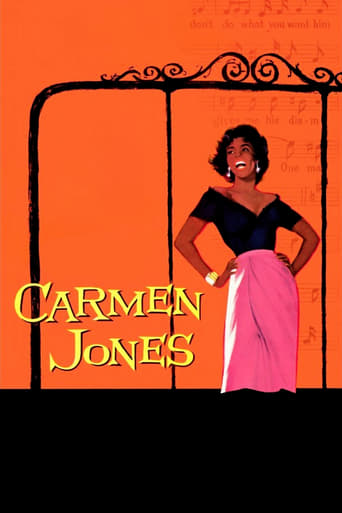

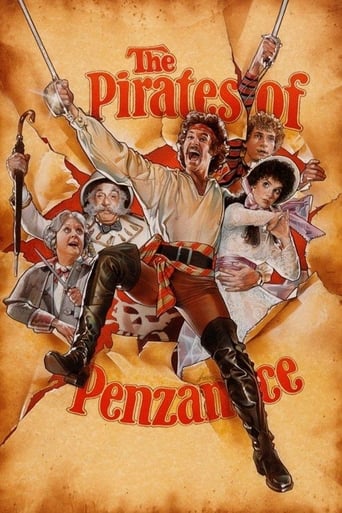
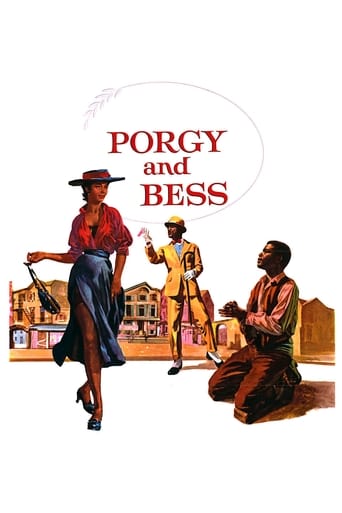
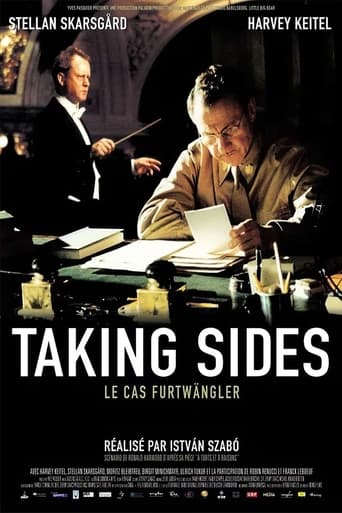







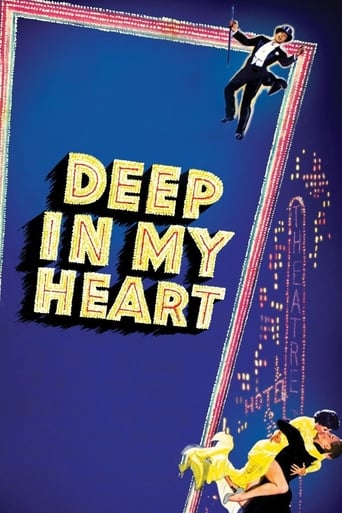



































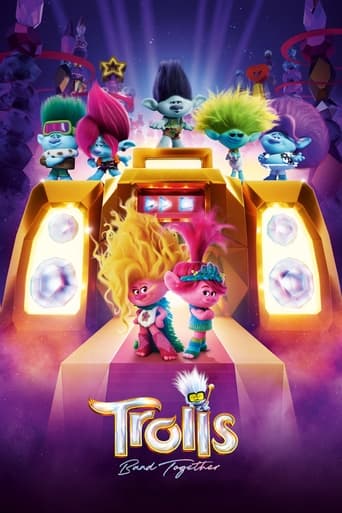
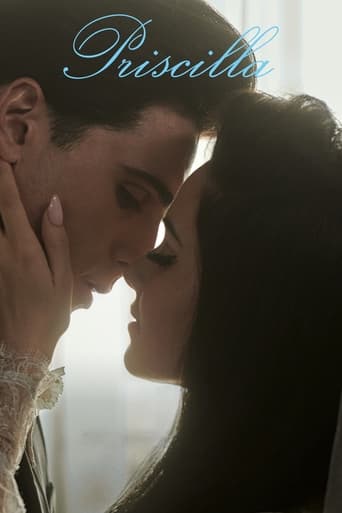
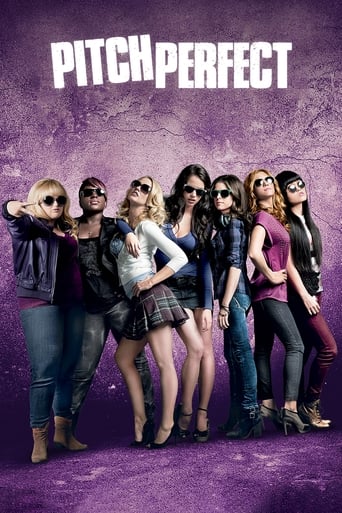
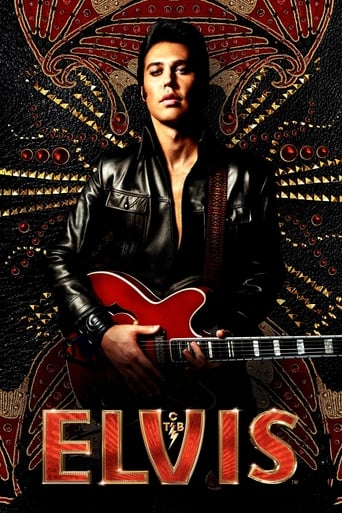
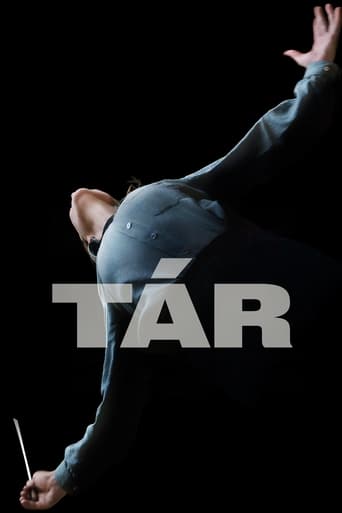
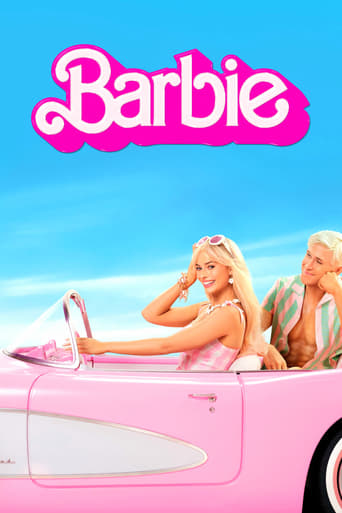
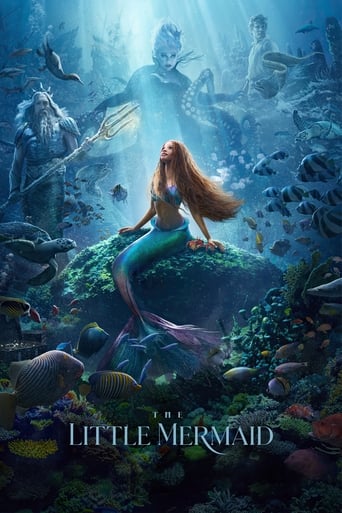
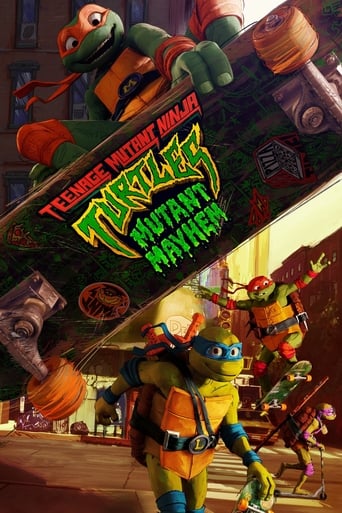
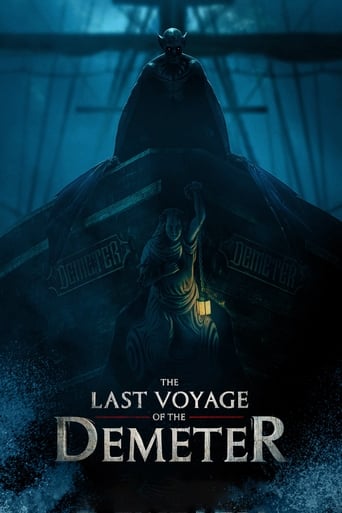



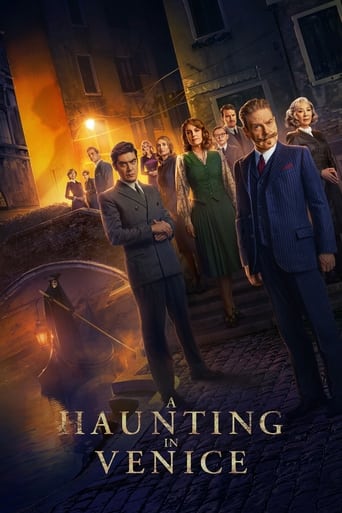
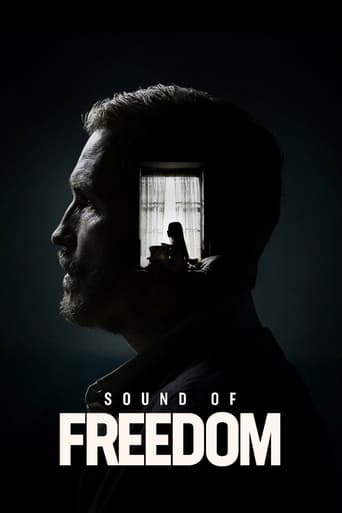
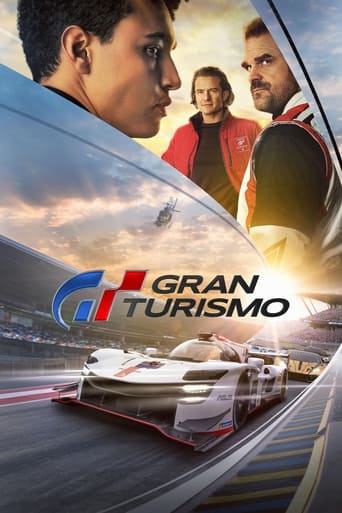
Valhalla Rising
Scandinavia, 1,000 AD. For years, One Eye, a mute warrior of supernatural strength, has been held prisoner by the Norse chieftain Barde. Aided by Are, a boy slave, One Eye slays his captor and together he and Are escape, beginning a journey into the heart of darkness. On their flight, One Eye and Are board a Viking vessel, but the ship is soon engulfed by an endless fog that clears only as the crew sights an unknown land. As the new world reveals its secrets and the Vikings confront their terrible and bloody fate, One Eye discovers his true self.